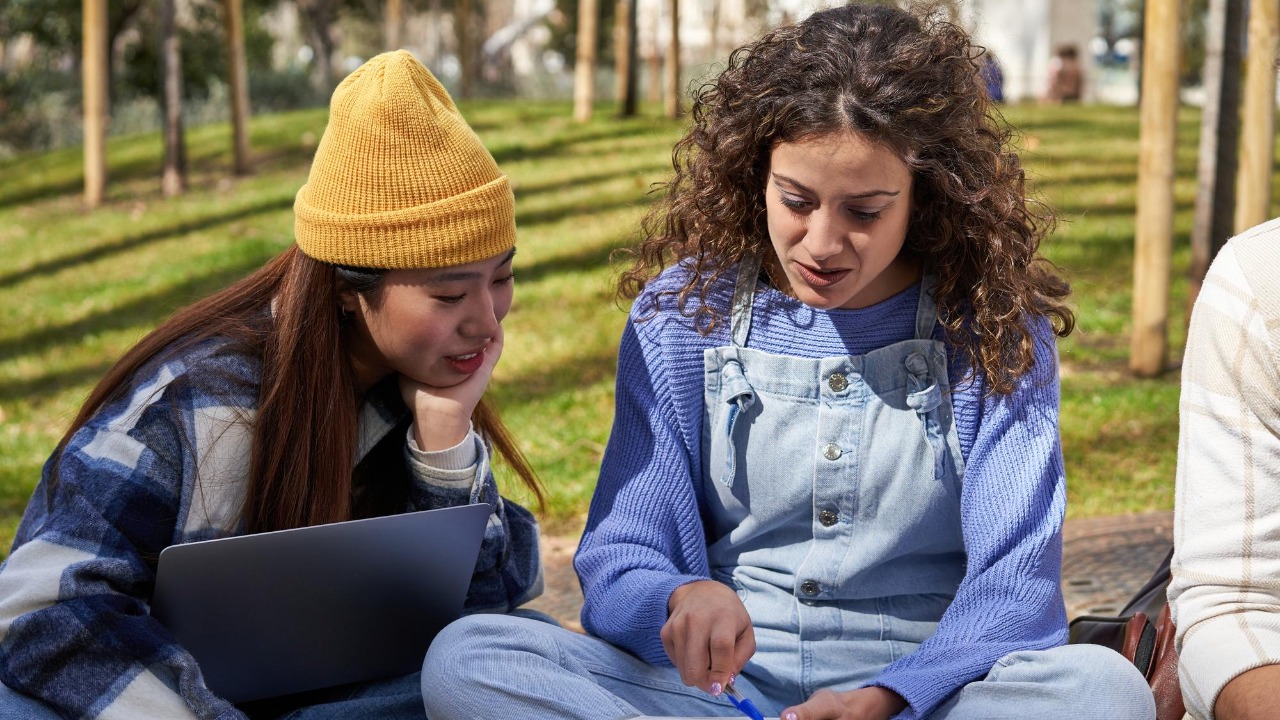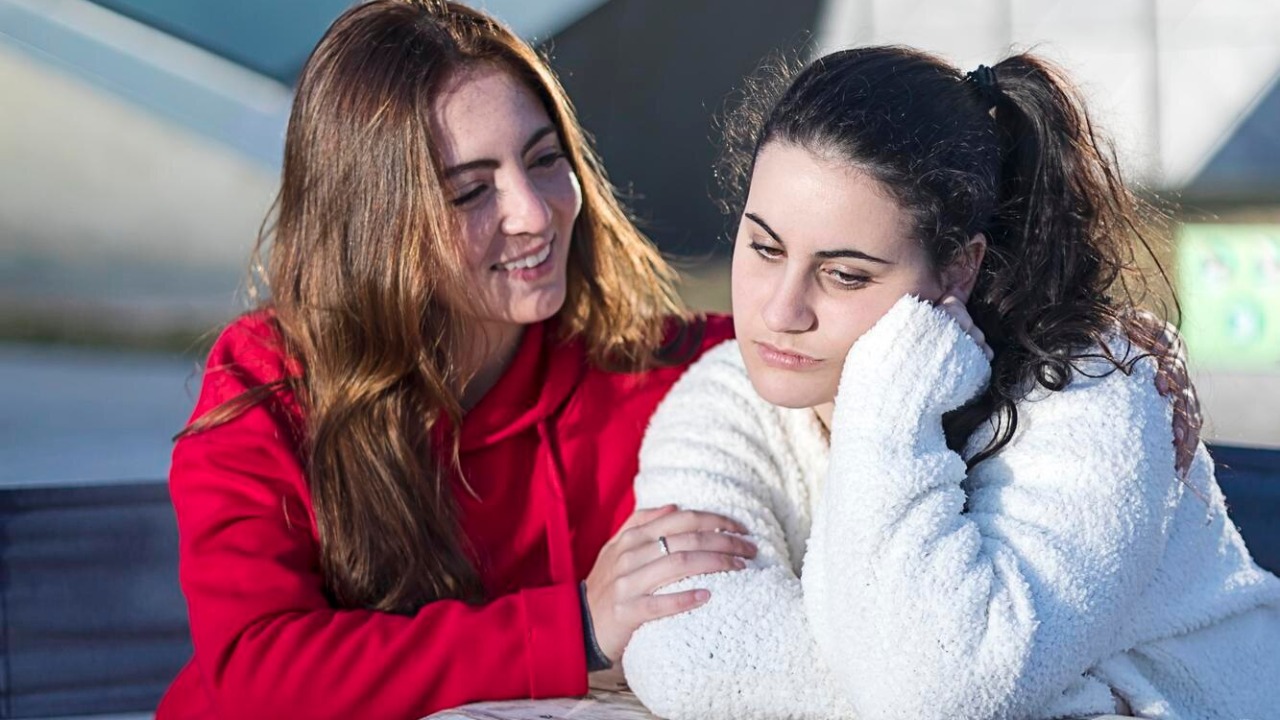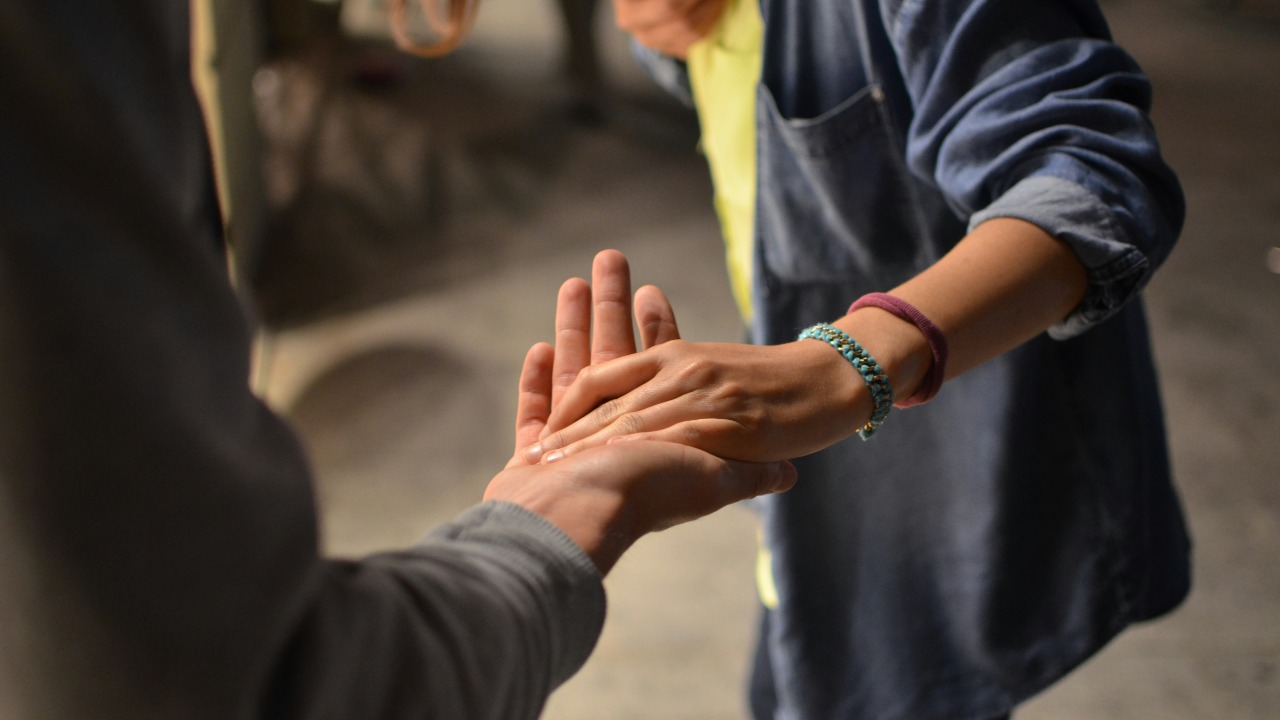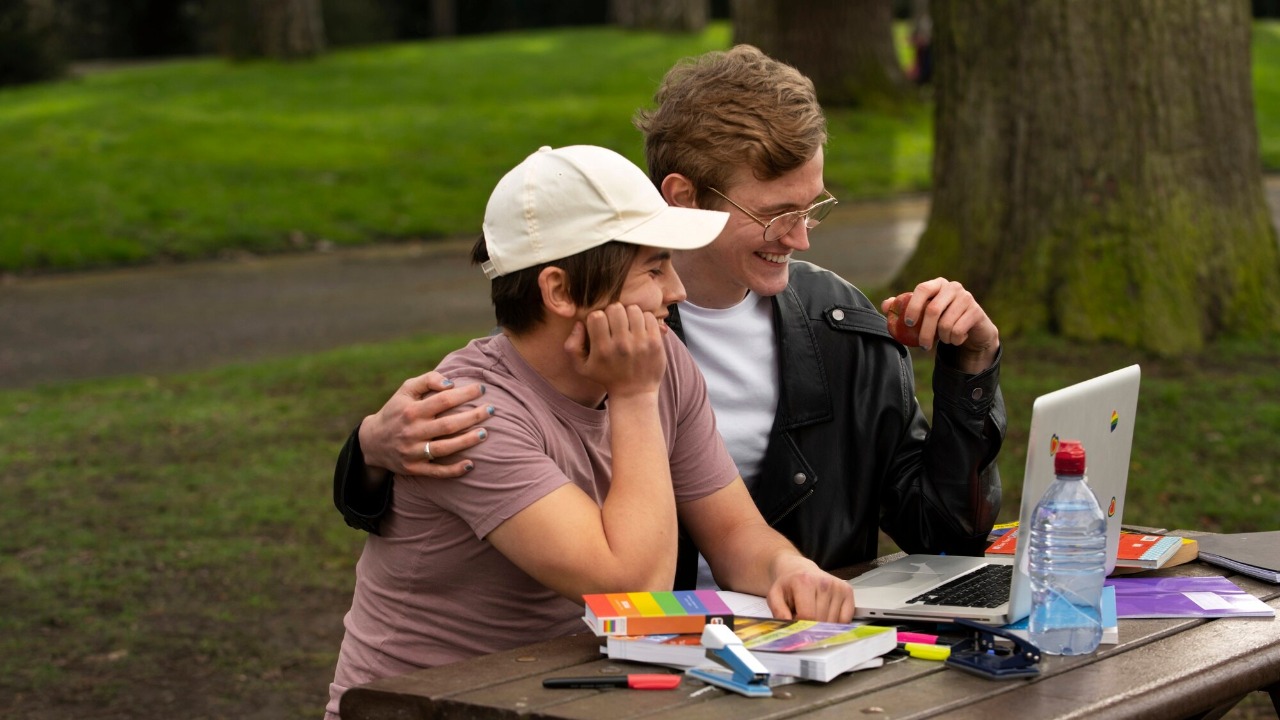
Recent psychological research has shed light on the motivations behind our willingness to help friends in need. The findings suggest that our actions are not merely a tallying of favors, but are driven by deeper elements such as empathy and shared identity. This new perspective challenges traditional views on social transactions and offers valuable insights into the dynamics of friendship.
The Evolution of Friendship Support

Historically, humans have formed alliances for survival, with helping each other being a key mechanism in social groups. Early psychological models, such as those from social exchange theory, initially framed friendships as reciprocal exchanges. However, these models have evolved to incorporate non-transactional elements, suggesting that friendships extend beyond a simple give-and-take dynamic. source.
Animal behavior studies have also provided valuable insights into the instinctive nature of helping within close bonds. These studies show parallels with human behavior, suggesting that altruism in friendships is an innate tendency rather than a calculated decision.
Key Psychological Drivers of Helping

Empathy is a core motivator in our willingness to help friends. Emotional attunement, or the ability to understand and share the feelings of others, often leads individuals to prioritize their friends’ needs over personal gain. This emotional connection is a powerful driver of altruistic behavior in friendships. source.
Attachment theory also plays a significant role in fostering secure bonds where help is given freely. This theory suggests that secure attachments formed in early life can influence our willingness to help friends in adulthood. Furthermore, the concept of identity fusion, where shared group identities amplify the willingness to sacrifice for friends during crises, further underscores the complexity of the motivations behind helping behavior.
Recent Research Findings on Altruism

Recent studies have shown that helping friends can boost personal well-being. For instance, individuals often report mood improvement after performing acts of support. Experimental designs have also tested scenarios of one-sided help, revealing that friendships can sustain despite imbalances in the exchange of support. source.
Moreover, cultural variations in help-giving norms have been observed. For example, collectivist societies tend to emphasize communal support over individual reciprocity, further challenging the traditional view of friendships as reciprocal exchanges.
Barriers to Helping in Friendships

Despite the innate drive to help friends, certain factors can reduce help-giving. Emotional exhaustion, for instance, can limit an individual’s capacity to provide support. This is often seen in caregiver burnout in close relationships. Trust can also erode when help is perceived as obligatory rather than voluntary, leading to strain in the friendship. source.
External pressures, such as time constraints, can also influence decisions to assist. Survey-based evidence suggests that individuals are more likely to help friends when they perceive that they have the time and resources to do so.
Long-Term Impacts of Supportive Friendships

Supportive friendships have been linked to numerous health benefits. For example, reduced stress levels have been observed in individuals who are part of mutual aid networks. Consistent support also strengthens resilience in friends facing adversity, suggesting that the act of helping can have long-term benefits for both the giver and receiver. source.
At a societal level, promoting altruistic friendships could enhance community well-being. By fostering a culture of helping, communities can build stronger social networks and improve overall quality of life.
Practical Applications from the Research

The findings from this research have several practical applications. For individuals, strategies such as mindfulness exercises can be used to cultivate deeper helping habits and enhance empathy. Recognizing unbalanced dynamics in friendships can also prevent resentment and foster healthier relationships. source.
From a policy perspective, integrating friendship support education in mental health programs could foster prosocial behaviors. By teaching individuals the value of altruistic friendships, we can build stronger, more supportive communities.